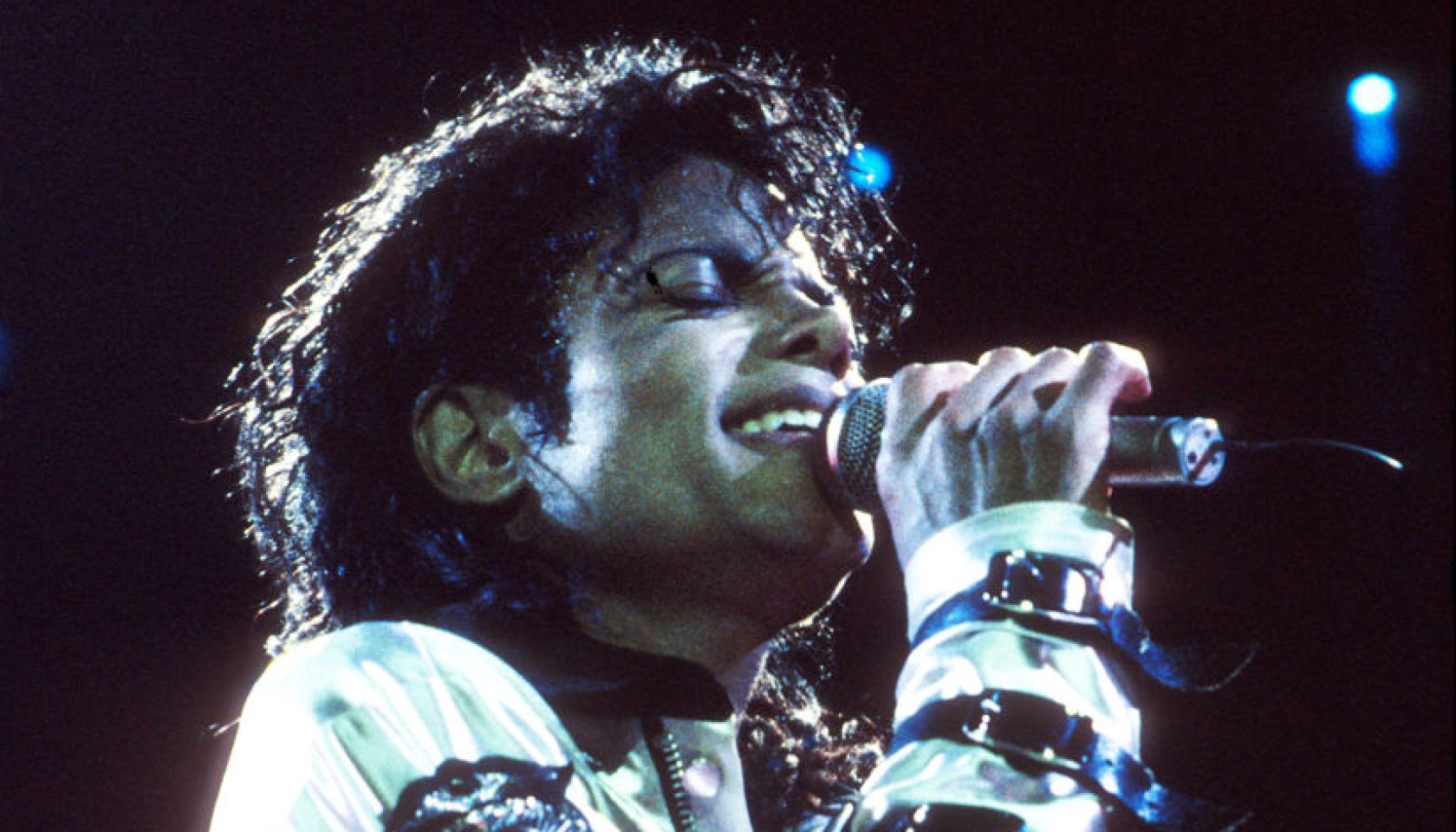Jay-Z Joins $3M Financing ‘De-Carceration’ Startup ‘Promise’

Jay-Z
Nationwide, more than half of the jailed population accounts for people who can’t afford bail, according to the Vera Institute of Justice. Many who face nonviolent charges, but can’t afford bail, are disproportionately Black and Latino.
It costs about $38 million a day to keep these largely nonviolent people behind bars, according to the Pretrial Justice Institute.
But this is where Promise comes in. It’s a de-carceration startup that recently raised a $3 million round led by First Round Capital with participation from Jay-Z’s Roc Nation, 8VC and Kapor Capital.
“We are increasingly alarmed by the injustice in our criminal justice system,” Jay-Z said in a statement. “Money, time and lives are wasted with the current policies. It’s time for an innovative and progressive technology that offers sustainable solutions to tough problems. Promise’s team, led by Phaedra, is building an app that can help provide ‘liberty and justice for all’ to millions.”
Phaedra Ellis-Lamkins is the co-founder and CEO of the app Promise.
Promise, which is part of Y Combinator’s current batch of startups, offers counties and local governments an alternative to holding low-risk people behind bars simply because they can’t afford bail.
Via Tech Crunch:
For each participant, Promise provides counties with a comprehensive intake procedure and then sets up each participant with a care plan specific to them. Promise will then monitor and support participants by helping them ensure they know when they’re supposed to appear in court, and remind them of obligations like drug testing or substance abuse treatment needed. The app also provides participants with job training, housing, counseling and referrals.
“People are going to jail because they look at a piece of paper and misread it, or are going to jail because they can’t afford a class because they’re instead paying child support,” Ellis-Lamkins told TechCrunch.
And many of these people are brown or black.
Black and Latino men pay 35 percent and 19 percent higher bail, respectively, than white men.
“If we’re putting people in jail because they’re poor, brown or black, we’re spending money the wrong way,” Ellis-Lamkins said.
“Promise steps in during the pre-trial process to assist those that cannot afford bail. Following a comprehensive intake procedure, Promise sets up an individualized plan for each participant. Promise then monitors and supports participants to help them succeed with their plans,” the app posits.
Ellis-Lamkins and her team are using technology to try to create a system that will allow a county to monitor compliance with court orders and better keep tabs on people who can’t afford bail via the app and, if needed, GPS monitoring devices. Counties, courts, case managers and other stakeholders can also access progress reports of people to monitor compliance, according to the report.
“Our system is built on reducing recidivism,” Ellis-Lamkins said. “Our ideal outcome is the person gets a job, does not re-offend and does not continue in the system.”
READ MORE STORIES ON BLACKAMERICAWEB.COM:
- MFT: AMG Twinz Remember Meeting And Touring With Future
- Sailorr Reveals Collaborations and Details in Exclusive POTC Interview
- B-Side Bangers: Michael Jackson
GET THE HOTTEST STORIES STRAIGHT TO YOUR INBOX:
(Photo by Amy Harris/Invision/AP)
















